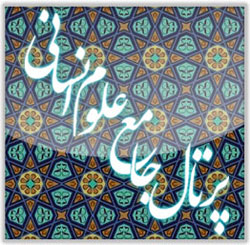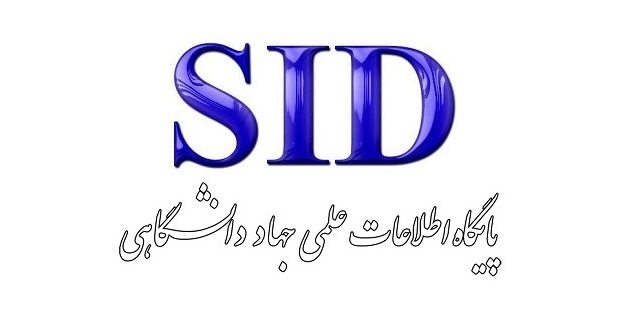Psychological Critique of the Poems of Mahdi Akhavān Tālisi: An Exploration of Social and Political Unconscious in the Text's Inner Layers
Keywords:
Mehdi Akhavān Sāles, psychoanalytic critique, social unconscious, symbolism, nostalgia, contemporary Persian literature, psychological layersAbstract
This article presents a psychoanalytic critique of Mehdi Akhavān Sāles' poetry, aiming to uncover the deep social and psychological layers embedded within his works. Akhavān Sāles, through his complex and symbolic language, and his use of varied imagery and metaphors—particularly concepts like nostalgia, alienation, and collective suffering—effectively reflects the unconscious concerns and experiences of Iranian society during his time. This study employs Freudian and Lacanian theories to analyze the unconscious social and psychological dimensions of his poetry. The findings indicate that Akhavān Sāles utilized poetic language and techniques as tools to reveal the suppressed and hidden experiences of his society, creating an artistic space that embodies social and psychological resistance against political and cultural pressures. The article also compares Akhavān Sāles’ poetry with other contemporary poets, such as Forough Farrokhzad and Ahmad Shamlou, to highlight his unique position within Persian contemporary literature. Research recommendations emphasize the need for more comparative studies of his works and the application of modern psychoanalytic approaches to analyze the social and psychological dimensions of his poetry. This article contributes to a deeper understanding of the role of Akhavān Sāles as a socio-political poet and the connection between poetry and the collective unconscious in modern Iran.













